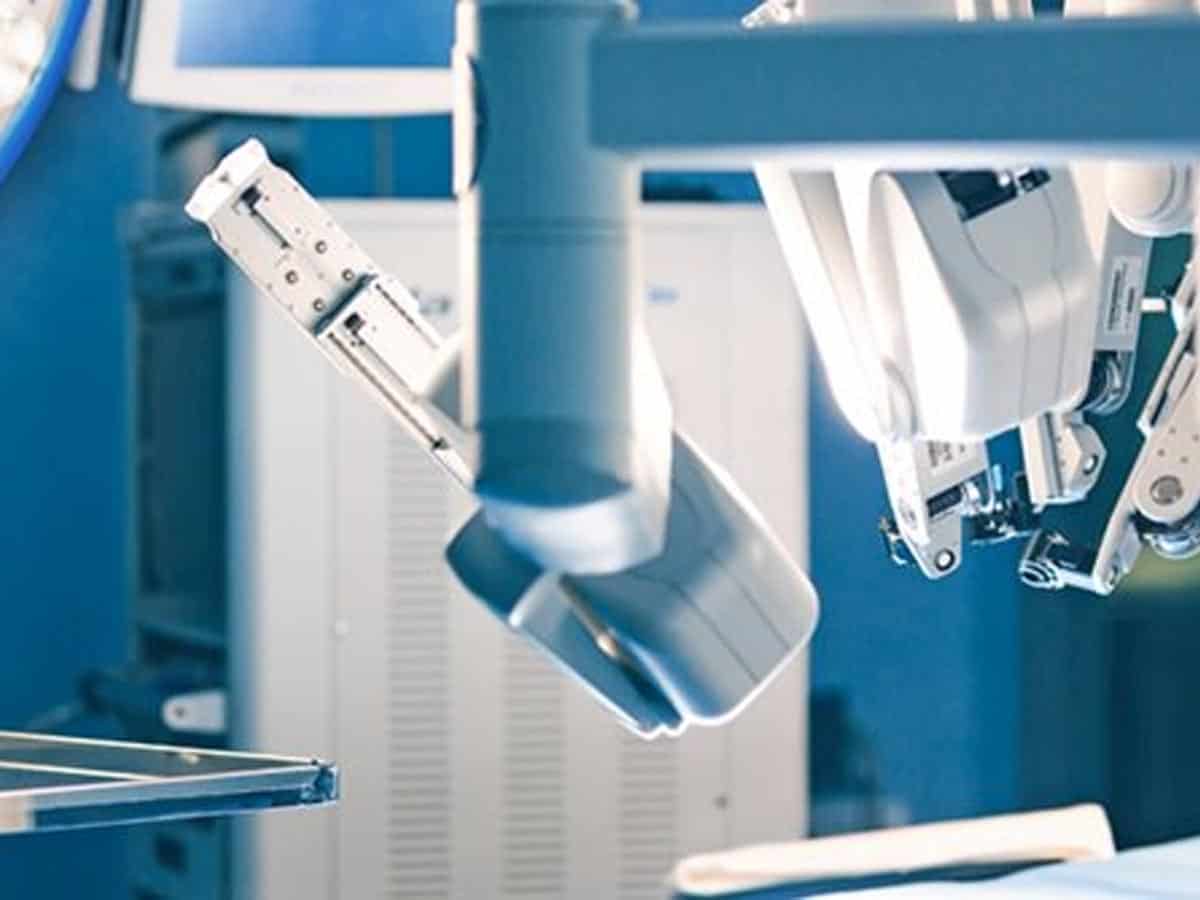
New Delhi: Robotic surgery and devices is expected to experience unprecedented growth in 2024, driven by a surge in demand for minimally invasive procedures and advancements in robotic technologies, according to a report on Thursday.
The global market for robotic surgical systems and accessories is projected to hit $10 billion by the end of 2024, with an anticipated surge to $15.8 billion by 2030, said the report by GlobalData, a data and analytics company.
Various factors contribute to the growth of robotic surgery, including rising demand from the expanding elderly demographic seeking minimally invasive and precise surgical solutions, the focus on value-based healthcare to improve surgical results, and continuous technological progress fostering the creation of more effective and less invasive robotic surgical platforms.
“Innovation in robotic surgery is propelling us towards a future where surgeries once deemed too risky or intricate become routine, all thanks to the precision and versatility of these cutting-edge devices. The market’s surge in 2024 signals a new chapter in healthcare, where precision, efficiency, and patient-focused approaches are reshaping the landscape,” said Graysen Vigneux, Medical Analyst at GlobalData, in a statement.
Additionally, technological advancements such as artificial intelligence (AI) and machine learning algorithms are further advancing the evolution of robotic surgery and devices.
These innovations empower surgeons with real-time data analytics, predictive modelling, and personalised treatment recommendations, thereby revolutionising the way surgeries are performed and patients are cared for.
Moreover, it’s evident that the rising demand for minimally invasive surgeries and ongoing technological advancements are driving sustained growth in the robotic surgery and devices market. Stakeholders from the healthcare, tech, and investment sectors are actively pouring resources into innovative solutions, marking a pivotal shift in surgical practices and patient care.
“The advancements in robotic surgery devices signal a paradigm shift in how we approach surgical interventions. With each innovation, we inch closer to a future where surgery is not just about healing but about enhancing quality of life,” Vigneux said.



